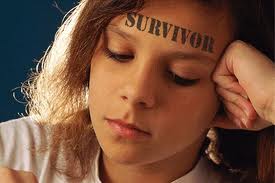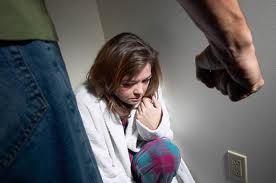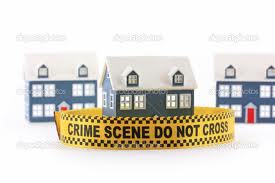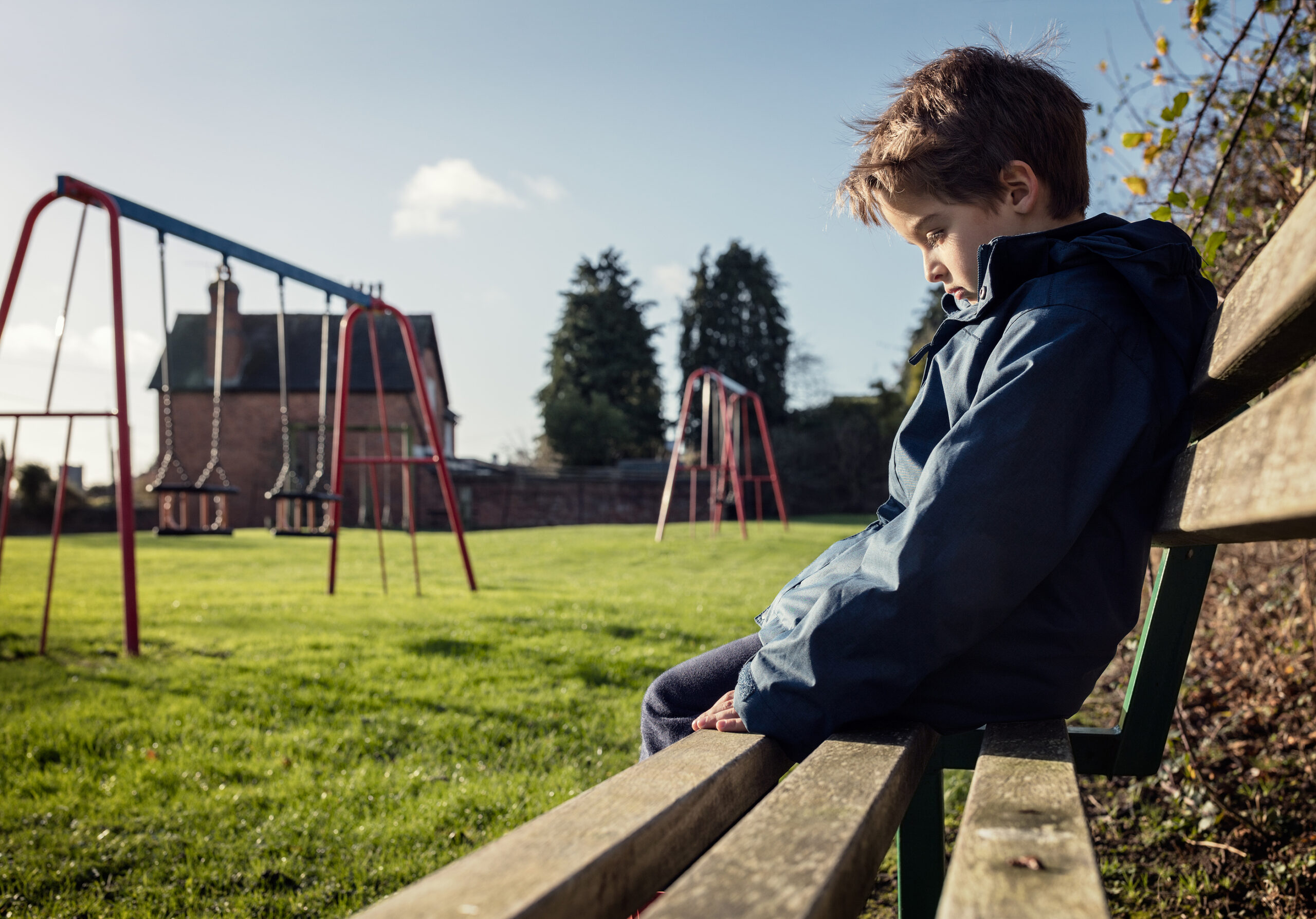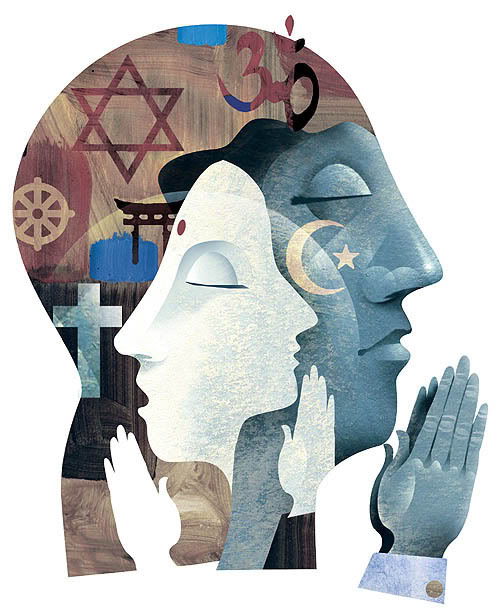The Survivor Clause
The Survivor Clause. There’s a reason we use the term “Survivor” for those who have endured rape or sexual abuse. I’m just starting to understand that, to accept it, and to acknowledge it. Funny enough, those are some of the foundational turning points of the grieving process. Coincidence? When someone is abused- whether emotionally, physically, sexually, spiritually or in any other capacity and does not die- we accurately label them as a survivor. Note that the literal alternative to survival is death. (According to a dictionary definition, the first option for survive states, simply “to remain alive.”)
Now, there are other occasions where we also use the term. It’s popularly attached to those who’ve beaten cancer, those who’ve been attacked by a madman on the street- but it seems to stick most with cases of sexual violence This is the term we use freely, but it’s not often that we slow down and think about the implication. And we need to.
I’m a survivor, because for more than three years of my life, I went through something terrible. Something I wish I didn’t remember in vivid detail and that I wish didn’t still affect me. And something I wish wasn’t one of the most prevalent and most ignored crimes in our society. But it is.
In many cases we say survivor and we mean it. We see the bruises. We see the photos in the rape kits. These things happen. But more often than not, the “survivor” has not overcome a physical death as much as a spiritual one. No less damaging. Just a lot harder to explain.
The second definition of survive is “to carry on, despite hardships or trauma.” That one sounds more accurate. Survivors who are in a so-called good place are often praised for their strength, and lifted up for their ability to keep going with a limited amount of support. But the biggest notion of this idea of keeping going is that whatever they survived ceases to exist. Or at least, that’s what most people will have you believe.
The implication is that you “survived” something that is in the past tense. That’s where the term lacks effectiveness and seems to need a little asterisk, explaining the clause.
*Yes. I survived. And for the most part, I’m okay. I will tell you I’m fine, because I don’t know what else to say. I won’t tell you about the nightmares, the hyper-vigilance or the fragile view of humanity. I will hold it together in public most of the time. And even if you are one of the people I talk to about what happened, it’s not likely that I’ll tell you everything.
That’s my survivor clause.
Frankly, the term sort of bugs me. But not because I think it’s inaccurate. Mostly, because it draws attention to my own struggles to fit the image of being a successful survivor.
My main focus in the non-profit movement I have been building – “that’s what she didn’t say” is to help others start talking about their stories– if possible, sooner than I did. I attribute a lot of wasted time to the years I spent in silence and it’s my hope that because of my work, others won’t have to. But there’s a definite learning curve.
At the end of the day, it all comes back to the term “survivor.” I have a hard time using the term to describe myself. It makes things too real. But also, it reminds me of the meaning of the word. I know that I “survived” but you know me and my wild expectations. When I hear the term survivor, I picture someone who has just escaped death, and not someone who is thriving.
Maybe this is because I haven’t found that magical emotional place where all of the triggers go away, where what happened to me is fully in the past, and where I can help others selflessly without being affected by how much I connect to their stories. But I try to see the recurrence of this word- this theme of survival, as an opportunity.
An opportunity for anyone who might be labeled as a survivor to be able to feel that sense of triumph. To be that thriving image of survival- the fist-pumping victorious taking-on-the-world warrior that they should be, and not the wounded cowering victim who is a survivor merely because they are still breathing.
It’s not easy. But anyone who has survived an act of sexual violence and is still here has already been through the worst. The only thing that can make it worse is not being able to talk about it- being forced to hide what happened, being made to believe that you’re responsible. And that’s why I continue to speak up. Because I didn’t, and what I went through because of my silence was worse than what I went through behind closed doors and has shaped the way I feel about the world.
The people I surround myself with are a large part of how I was able to find my voice and begin to put the events I survived in the past, where they belong.
The amazing friends who have supported me in the last year remind me how kind people are. How loved and supported I am, even at the times I feel least lovable. Especially in those times, when I feel like such a hot mess I can’t imagine why anyone would want to have me as a friend. I devote a portion of my life to helping other people heal from their past because I am a survivor. And I’m not a survivor because something bad happened and I “got over it.” I’m a survivor because of what happened to me. What already happened. And I have to occasionally acknowledge this as part of my history- because it is. But it’s not who I am.
My biggest mission for myself and others who have survived, is for all of us to remember to do more than just that. So if where you’re at today is surviving– do that. Keep going. But don’t forget that it doesn’t end at “still being here”- remember that you did survive– you survived in the past tense. And now you get to live in the present.

